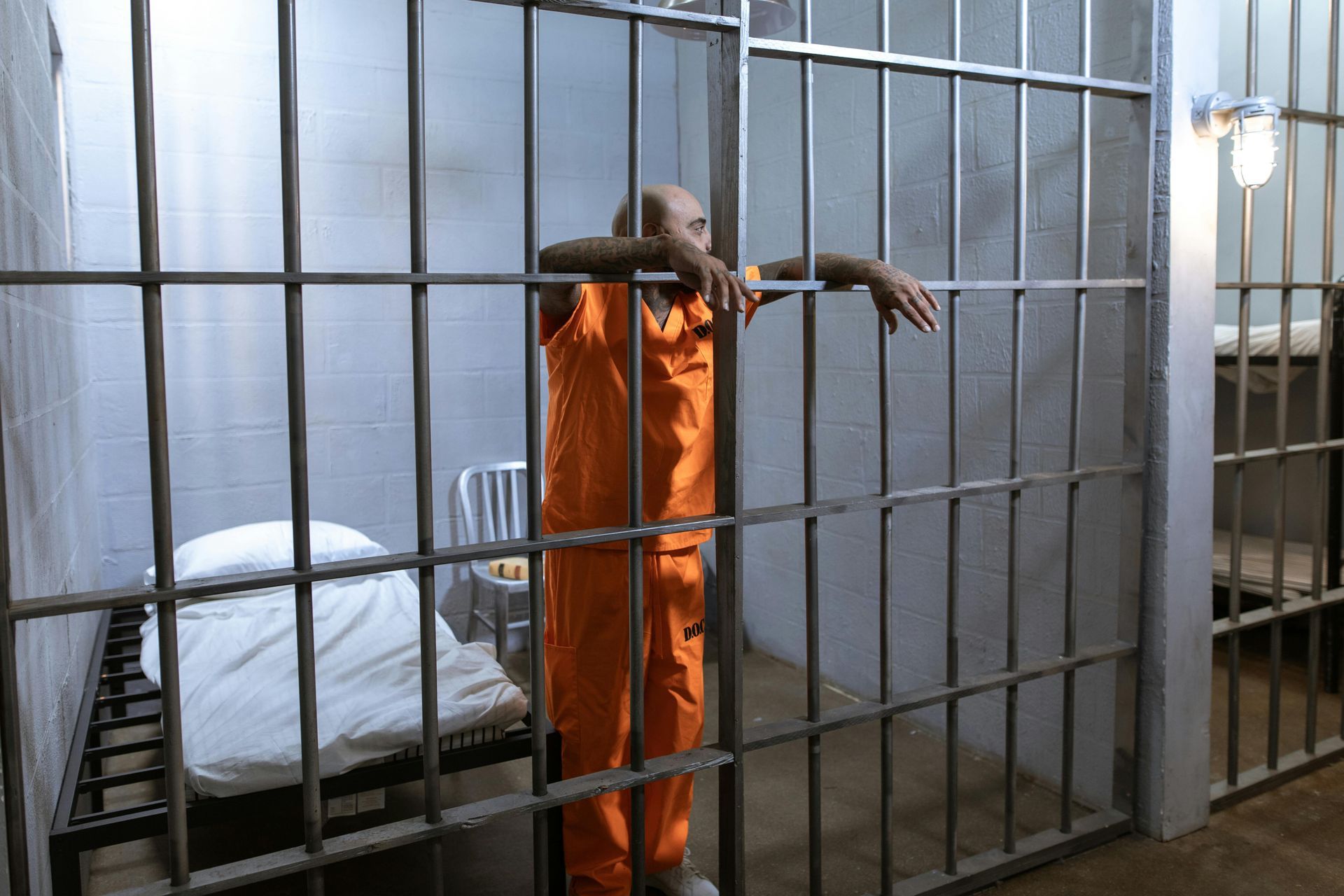What to Expect at a Preliminary Hearing in California
What to Expect at a Preliminary Hearing in California
If you're facing felony charges in California, one of the most important steps in your criminal case is the preliminary hearing—sometimes called a "probable cause hearing." Understanding what happens at this stage can help you feel more prepared and informed as you navigate the criminal justice system.
At Email My Lawyer, we provide legal assistance to individuals in San Diego who are dealing with felony charges and need knowledgeable guidance at every step of the process, including the preliminary hearing.
Purpose of a Preliminary Hearing
A preliminary hearing is not a trial, but rather a court proceeding where a judge decides whether there is enough evidence for the case to move forward to trial. It typically occurs after the arraignment and before a trial is scheduled.
The prosecution must show that:
- A crime was committed, and
- There is probable cause to believe the defendant committed it.
The judge will not decide guilt or innocence—only whether there’s sufficient evidence to continue the case.
What Happens During the Hearing?
Here’s what you can generally expect during a preliminary hearing in California:
- Witness Testimony: The prosecution may call police officers, investigators, or other witnesses to testify. Your defense attorney may cross-examine them.
- Presentation of Evidence: The prosecution will introduce evidence intended to show probable cause.
- Defense Response: Your attorney may argue that the evidence is weak or insufficient. In some cases, the defense may present its own evidence or witnesses.
- Judge’s Decision: After hearing the evidence, the judge will decide whether to dismiss the charges or bind the case over for trial in Superior Court.
Your Rights at a Preliminary Hearing
You have the right to:
- Be represented by an attorney
- Cross-examine witnesses
- Remain silent and not testify
- Receive a transcript of the hearing
Why This Stage Matters
The preliminary hearing gives your attorney a chance to evaluate the prosecution's case, test the strength of the evidence, and sometimes negotiate a plea deal or even seek a dismissal of charges. It also allows your defense lawyer to prepare more effectively for trial if the case proceeds.
Legal Help in San Diego
If you or a loved one is facing felony charges, don’t go through a preliminary hearing without legal support. At Email My Lawyer, we help San Diego residents understand their rights and options at every stage of the process. We are committed to advocating for our clients and protecting their rights in court.










